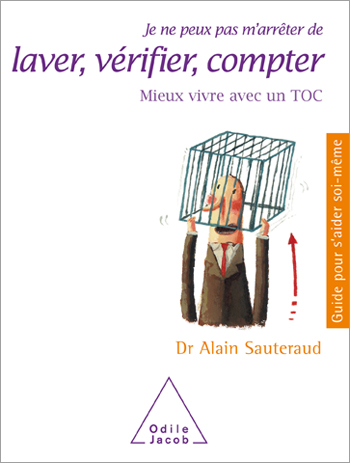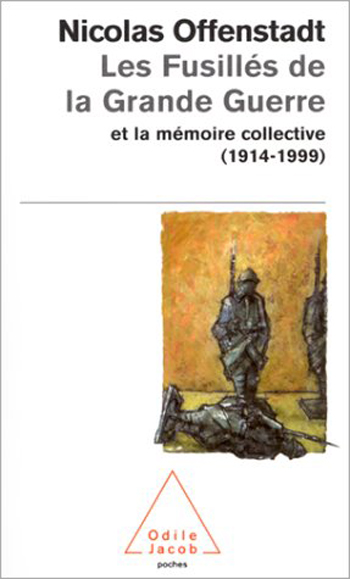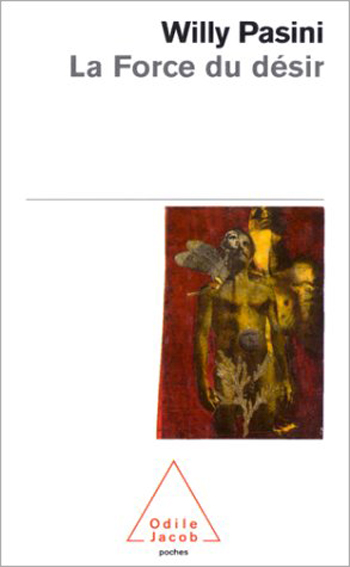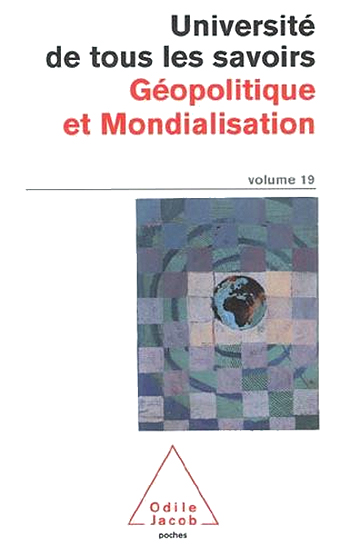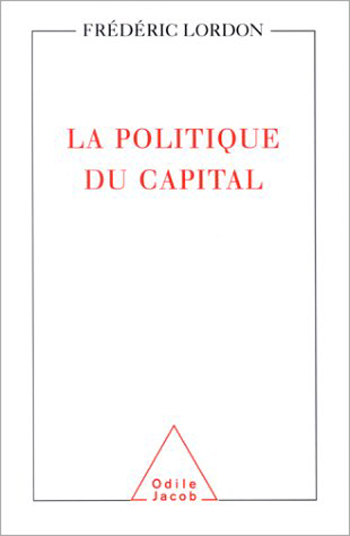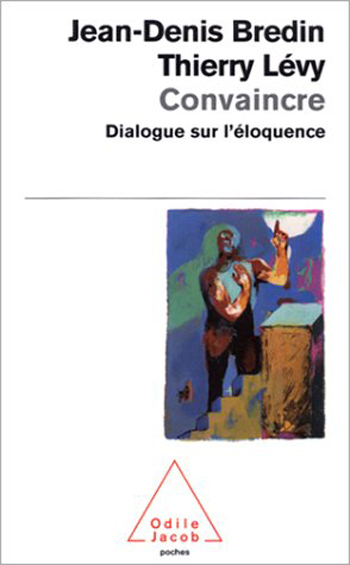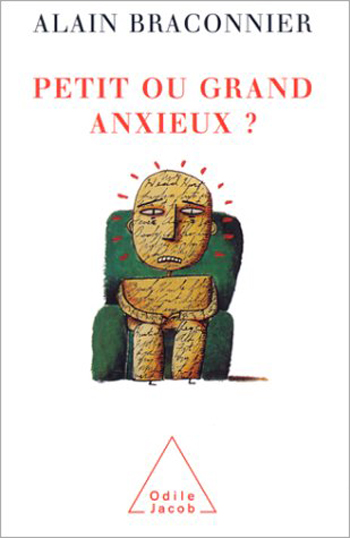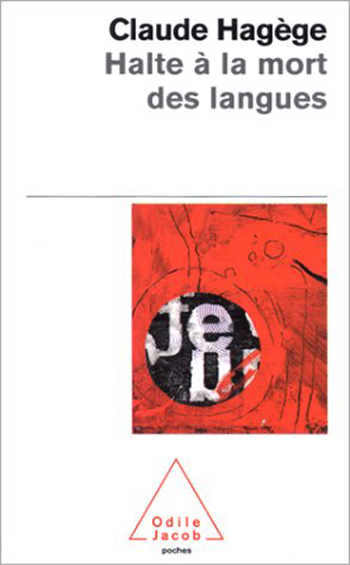Catalog All books

Jeanne-Marie Bréchot, Brigitte Joseph-Jeanneney, Martine Ruszniewski
Surrounding Illness The Family, the Doctor and the Psychologist
Should the same information be given to the sick person, and their family ? How can one get through the trauma day by day ? Should the entire truth be told? Should one prepare for mourning? How to say goodbye ? This book is a spontaneous and moving three-way discussion to help those faced with serious illness. Brigitte Joseph-Jeanneney is a general inspector of social affairs. Jeanne-Marie Bréchot is a thoracic cancer and lung specialist at the Hôtel-Dieu hospital, in Paris. Martine Rusniewsky is a psychologist working with patients in the palliative care ward at Hôpital de la Salpetrière, in Paris.
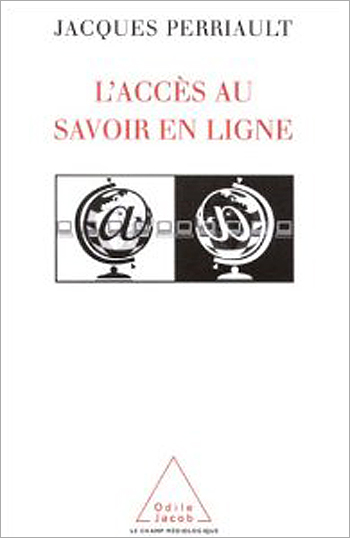
Jacques Perriault
Access to Online Knowledge
It is now possible to research and organise information and study online, through the Internet and with the help of satellites. However, the euphoric claims made for e-learning in the past, and the posturing strategies of telecommunications operators, were followed by a profound feeling of disillusion. What is the digital future ? What role can it play in education ? What measures need to be put in place in order to ensure long-lasting development ? Jacques Perriault teaches media and communications studies at the University of Paris-X-Nanterre.
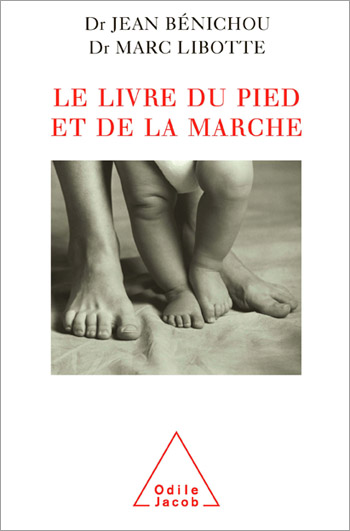
Jean Bénichou, Marc Libotte
The Book of Feet and Walking
Do you have flat feet ? Hollow feet ? How can deviations of the toe be treated ? Sprains ? How can you look after the nails and the skin ? How should you treat athletes foot ? What to make of reflexology ? Why are the feet of children, athletes and senior citizens so fragile ? How is the marvel of bipedalism possible ? What is the position of the foot in our culture ? Dr Jean Bénichou and Professor Marc Libotte are orthopaedic surgeons, specialising in foot surgery.
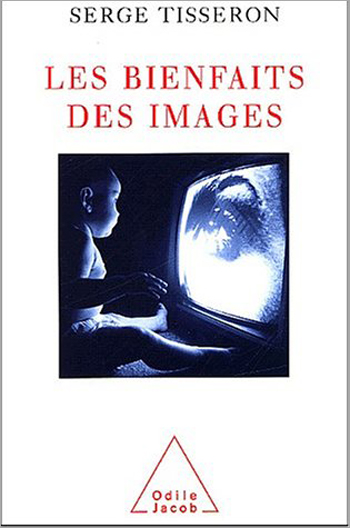
Serge Tisseron
The Benefits of the Image
Should sex and violence be banned on our television screens ? Is there a danger that their presence can lead to them becoming common-place, or to delinquency ? In light of this current debate, Serge Tisseron argues that as soon as we become accustomed to a type of image, and it ceases to upset us, we invent another type which will once more allow us to confuse image and reality, and thus to shiver again with fear and anxiety. In a society which is flooded with images, it is thus essential to use them as best we can, and to avoid the dangers that are inherent in them. This book aims to contribute to this end. Serge Tisseron is a psychiatrist, psychoanalyst, doctor of psychology and research fellow at the University of Paris-X. For the past fifteen years, he has worked on the relations that viewers have with different types of images.
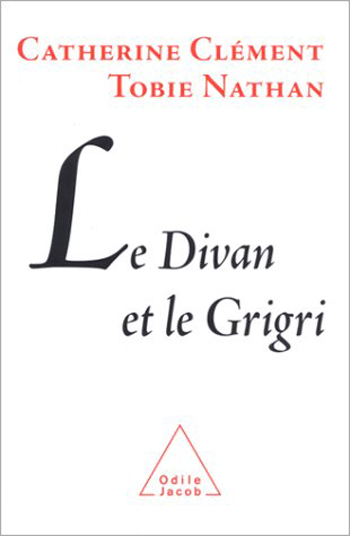
Catherine Clément, Tobie Nathan
The Couch and the Grigri
This work is a fascinating discussion between a practising analyst who has not ceased to confront his discipline with other disciplines of the mind, and a philosopher with great psychoanalytic experience. It aims to show how cultural heritage a debt linking each generation to its ancestors shapes both how we represent reality and our emotional universe. The authors thoughts and conclusions are thoroughly backed up with a variety of specific examples and observations. Tobie Nathan is an ethno-psychologist and teaches clinical and pathological psychology at the University of Paris VIII. Catherine Clément is a writer and philosopher.
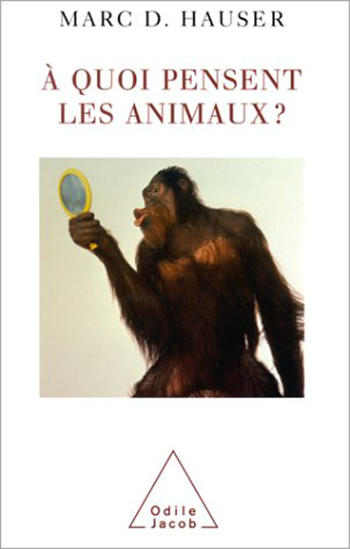
Marc D. Hauser
Wild Minds: What Animals Really Think
A slender loris comes up to a zoo keeper and hugs him. A dog lowers its head and whines when its master is unhappy. Is such behaviour a sign of affection and empathy or are other mechanisms at work, to explain the animals near-human behaviour? Why do chimps and dolphins form coalitions to defend themselves? How do lions determine, from far away, the number of gazelles calmly watering by a stream? How is it that a few species can recognise their own image in a mirror? Marc D. Hauser is a professor of psychology and neuroscience at Harvard University, where he is a fellow of the Mind, Brain and Behavior Program. Besides performing laboratory research, he has done extensive fieldwork in Kenya, Uganda and Puerto Rico.
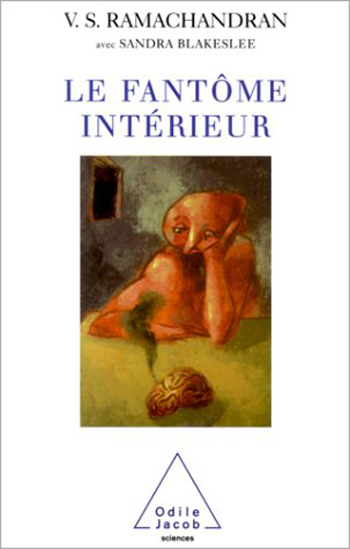
Vilayanur S. Ramachandran, Sandra Blakeslee
Phantoms in the Brain Human Nature and the Architecture of the Mind
How do we make decisions? Why do we deceive ourselves? Why do we dream? Why may we believe in God? Why do we laugh or become depressed? Few scientists have dared address these questions that inform our daily lives with so much acumen and audacity. V.S. Ramachandran is a brilliant Sherlock Holmes of neuroscience. He reveals the strangest case studies he has encountered of patients suffering from serious neurological disorders and the insights they yield about human nature and the workings of the mind. V.S. Ramachandran is professor and director of the Center for Brain and Cognition, at the University of California.

